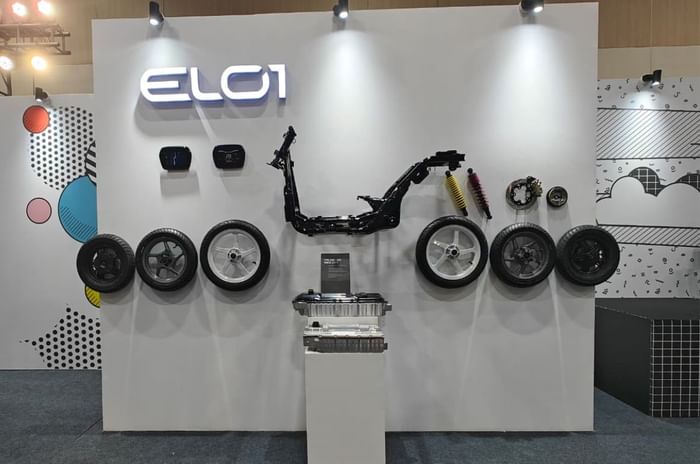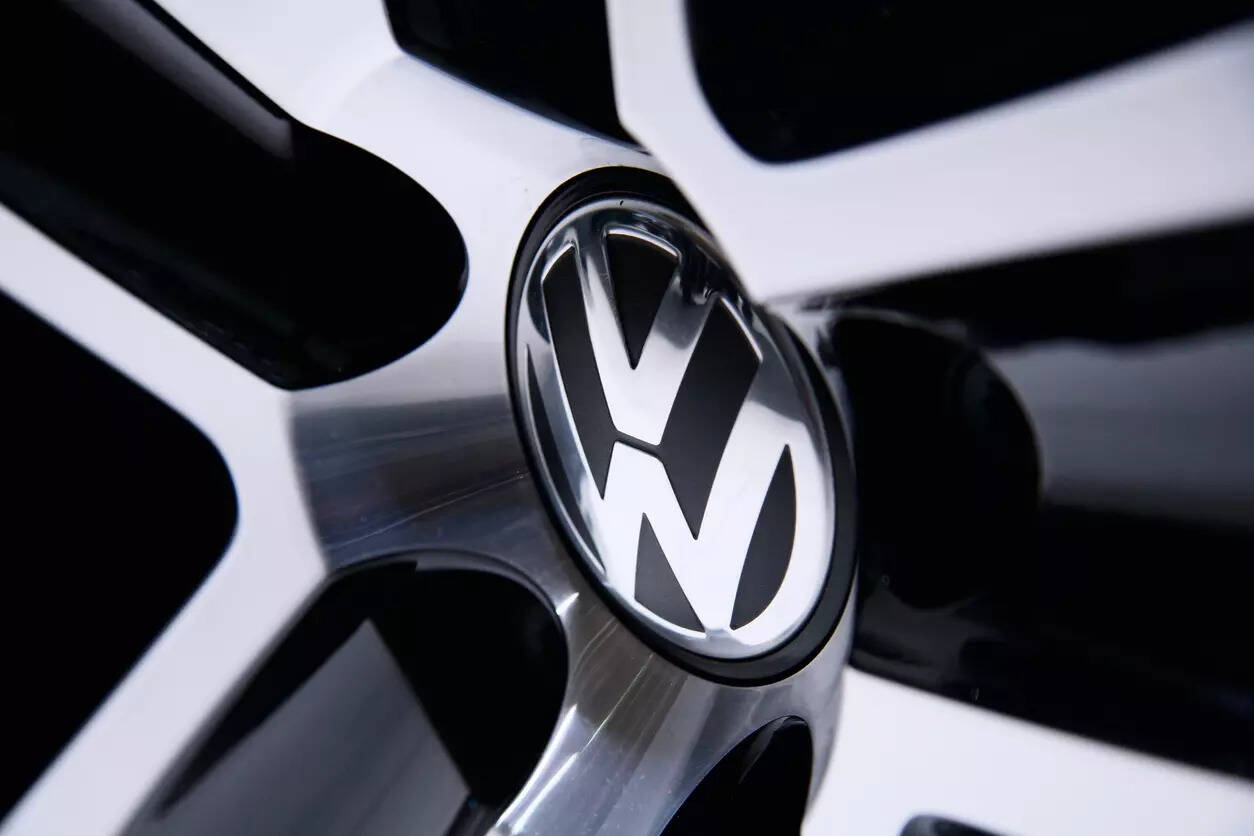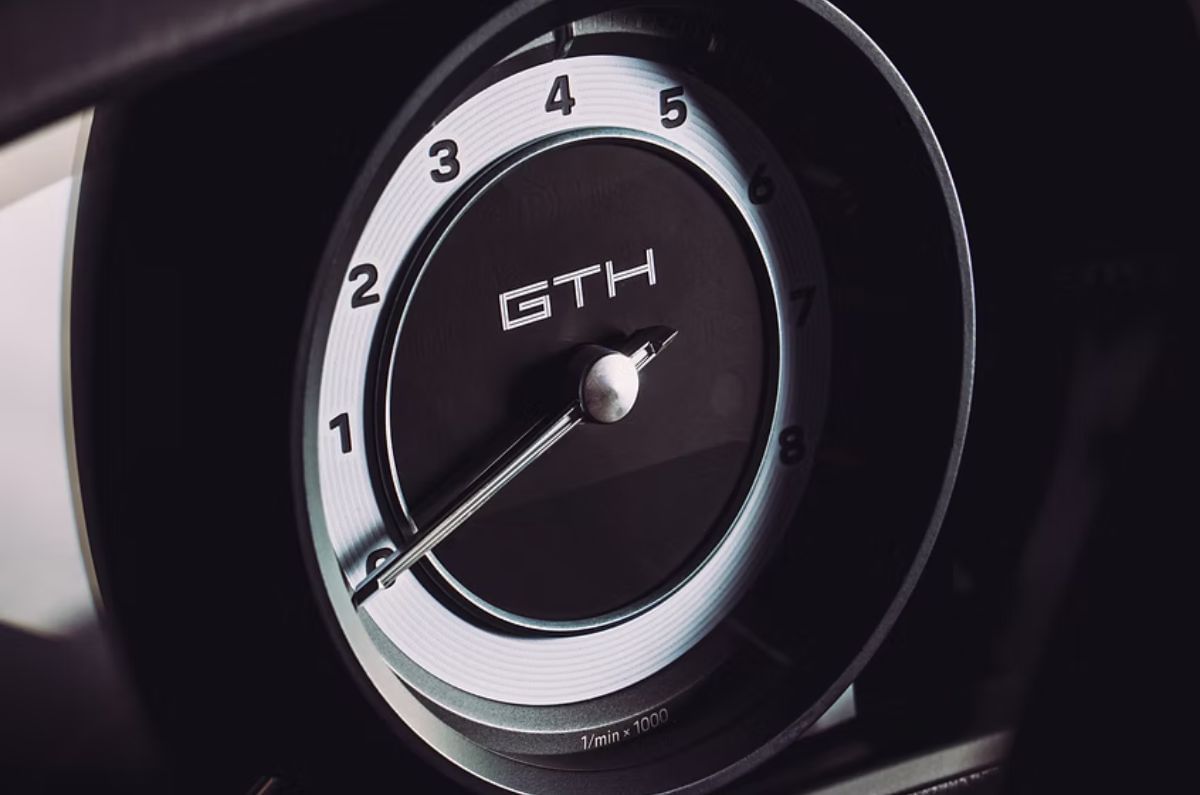)
Venkatram Mamillapalle, Managing Director & Chief Executive Officer, Renault India Operations
The Indian government should provide a clear regulatory pathway that it will follow so that the automobile companies can plan their investments and car launches accordingly, Venkatram Mamillapalle, Managing Director & Chief Executive Officer, Renault India Operations, said on Tuesday.
Renault is planning to launch a total of five cars — including B plus segment sport utility vehicle (SUV), a C segment SUV and an electric vehicle (EV) — in India in the next three years, he told reporters.
In early 2022, the Ministry of Road Transport and Highways had announced that cars in India would be required to have six airbags from October 1, 2022. Subsequently, the deadline was extended to October 1, 2023. However, in September 2023, the Indian government reversed its decision, stating that it no longer intended to make six airbags mandatory for cars.
Mamillapalle said, “On six airbags, all our car range is ready. The engineering is done. The suppliers are preparing. The cars are going to be there in the market. The competition may not have them (the airbags). We are now taking a u-turn by creating airbags as an option….But, engineering-wise, it is a sunk cost.”
“We don’t want to get into this situation again…If the government lays down a path of regulatory aspects, they should follow,” he added.
Mamillapalle said that the company is waiting for the government to formulate their regulations on issues such as E20 (ethanol-blended fuel), pass-by noise (upper noise limit for vehicle horn), etc. “Even the draft policy for the carbon trading is yet to come for the automotive sector,” he added.
He mentioned that the company will disclose the launch dates for the B plus segment SUV and C segment SUV once it gains clarity on all relevant regulatory issues. The B segment comprises entry-level SUVs like the Kia Sonet and Hyundai Venue, while the C segment includes SUVs such as the Kia Seltos and Hyundai Creta.
Mamillapalle said, “Once the engineering activity starts, you have to start pumping money in. It is in lakhs and crores. In the given situation, what we have today, we have to be cautious because we are planning launches after launches. Therefore, on the regulatory issues, clarity is very much required by us to do the engineering and prepare for the launches accordingly.”
He said that India is following Europe in terms of automobile-related regulations and therefore, it is easier for the French company to adapt to them. “We need clarity on the question of ‘when’. When will the Indian regulations come on board?” he noted.
Renault’s domestic sales have been going through a rough patch for the last few years. In the April-November period in 2023, the company’s domestic sales stood at 31,320 units as compared to 57,787 units in the corresponding period of 2022.
India is one of the key markets for Renault, Mamillapalle said. The company in 2023 “did not perform as much as it should have” due to “strategic as well as accidental” reasons.
He mentioned that it was important for the company to ensure that the profitability of its dealers is maintained. “Their cash flow was important for us so we had to reduce their inventory. We cut down production drastically to make sure the inventories in the network as well as in the plant reduces to as little as possible,” he explained.
Mamillapalle said the inventory with dealers has now gone back to normal levels. The dealers now have 15 plus days of stocks.
The “accidental” reason is that the company did not renew its products for the last three years — Triber was launched in 2019 and Kiger was launched in 2020. “This was followed by COVID-19. So, we relaunched it but then the second wave of COVID-19 came. So, we had some struggles there. Anyway, that helped us to learn a lot,” he noted.
“2023 was a weak period. 2024 is the beginning. It will not be as strong as what we had in 2019 and 2020, before COVID-19. However, 2024 is going to be a take off point for us,” he added.
In February, Renault along with Nissan announced that they would be doing Rs 5,300 crore of investment in India. On Tuesday, the company launched multiple variants of the three cars in its portfolio: Kwid, Kiger and Triber.
First Published: Jan 09 2024 | 7:49 PM IS

























































